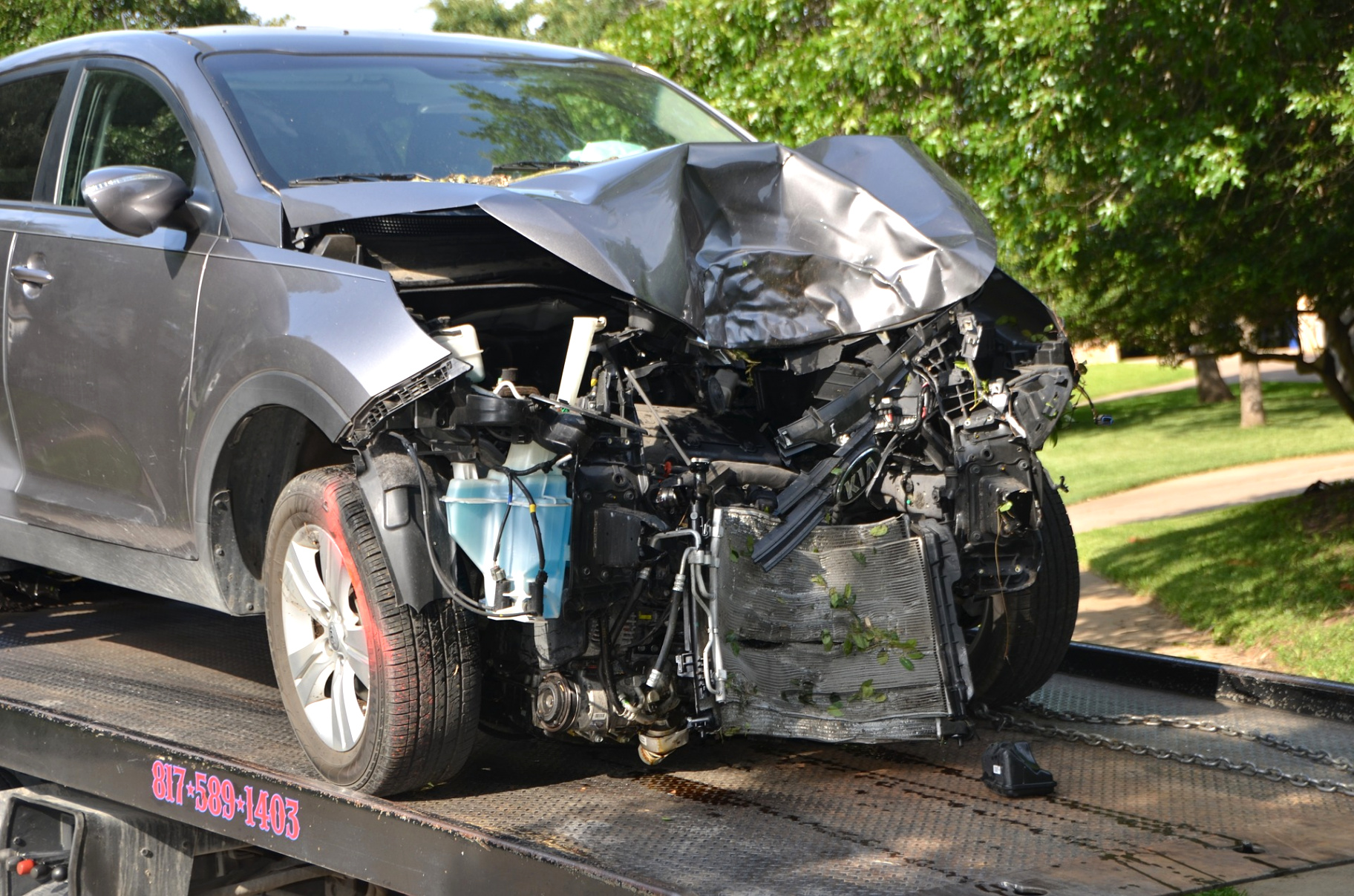Owning a vehicle brings convenience and mobility, but it also comes with responsibilities, one of which is ensuring adequate insurance coverage. Selecting the right vehicle insurance can be overwhelming amidst the myriad of options available in the market. However, with proper guidance, you can make an informed decision that suits your needs and budget. Here are some essential tips to help you choose the best vehicle insurance:
1. Assess Your Needs: Before diving into the world of insurance policies, assess your requirements. Consider factors such as the type of vehicle you own, its usage, your driving habits, and your budget. Understanding your needs will help you narrow down the options effectively.
2. Research Extensively: Don’t settle for the first insurance policy that comes your way. Research various insurance providers, their reputation, coverage options, and pricing. Use online comparison tools and read reviews to gain insights into the experiences of other customers.
3. Understand the Coverage Options: Familiarize yourself with the different types of coverage offered by insurance companies, such as liability coverage, collision coverage, comprehensive coverage, uninsured/underinsured motorist coverage, and personal injury protection. Determine which ones are essential for you based on your needs and circumstances.
4. Consider the Deductibles: Deductibles are the amount you agree to pay out of pocket before your insurance coverage kicks in. Opting for higher deductibles can lower your premium but may require you to pay more in case of a claim. Find the right balance between premiums and deductibles that aligns with your financial situation.
5. Check for Discounts: Many insurance companies offer discounts for various reasons, such as having a clean driving record, bundling multiple policies, installing safety features in your vehicle, or being a member of certain organizations. Explore all available discounts to maximize your savings.
6. Evaluate the Customer Service: Good customer service is crucial, especially when you need to file a claim or seek assistance. Research the insurer’s customer service reputation by reading reviews and checking their responsiveness to inquiries before making a decision.
7. Review the Claim Process: Understand how the claims process works with each insurance provider. A smooth and efficient claims process can save you a lot of hassle and time during stressful situations like accidents or vehicle damage.
8. Look for Financial Stability: Ensure that the insurance company you choose is financially stable and has a good track record of fulfilling claims. You can check their financial ratings from independent rating agencies to assess their stability.
9. Read the Fine Print: Before signing any insurance policy, carefully read the terms and conditions, including any exclusions or limitations. Make sure you understand what is covered and what is not to avoid surprises later on.
10. Seek Expert Advice if Needed: If you’re unsure about which insurance policy to choose or have specific questions, don’t hesitate to seek advice from insurance agents or financial advisors who can provide personalized recommendations based on your circumstances.
Q&A Section:
1. Is it mandatory to have vehicle insurance? Yes, in most countries, having at least liability insurance is mandatory to legally drive a vehicle on public roads.
2. What factors influence the cost of vehicle insurance? Factors such as your age, driving record, type of vehicle, location, coverage options, and deductible amount can influence the cost of vehicle insurance.
3. Can I transfer my vehicle insurance to another vehicle? Yes, you can usually transfer your insurance to another vehicle, but you may need to update your policy to reflect the changes in the vehicle details.
4. What should I do if I’m involved in an accident? After ensuring everyone’s safety, exchange insurance information with the other parties involved and report the accident to your insurance company as soon as possible.
5. Can I cancel my vehicle insurance policy at any time? Yes, you can typically cancel your insurance policy at any time, but there may be cancellation fees or penalties involved. Check your policy terms for details.
6. Will my insurance premium increase if I file a claim? Filing a claim may lead to an increase in your insurance premium, especially if you’re found at fault for the incident. However, this can vary depending on your insurance provider and policy terms.
7. Is it necessary to have comprehensive coverage for an old vehicle? It depends on your circumstances and the value of your vehicle. Comprehensive coverage may be less necessary for older vehicles with lower market value, but it can still provide protection against theft, vandalism, and other non-collision incidents.
8. Can I add additional drivers to my insurance policy? Yes, you can usually add additional drivers to your insurance policy, but it may affect your premium depending on their age, driving history, and relationship to you.
9. What happens if I let my vehicle insurance lapse? If your vehicle insurance lapses, you may face legal penalties, such as fines or license suspension, and you’ll be responsible for any damages or liabilities in case of an accident.
10. How often should I review my vehicle insurance policy? It’s advisable to review your vehicle insurance policy annually or whenever there are significant changes in your circumstances, such as buying a new vehicle or moving to a new location.
